Keywords: Catherine Marshall
-
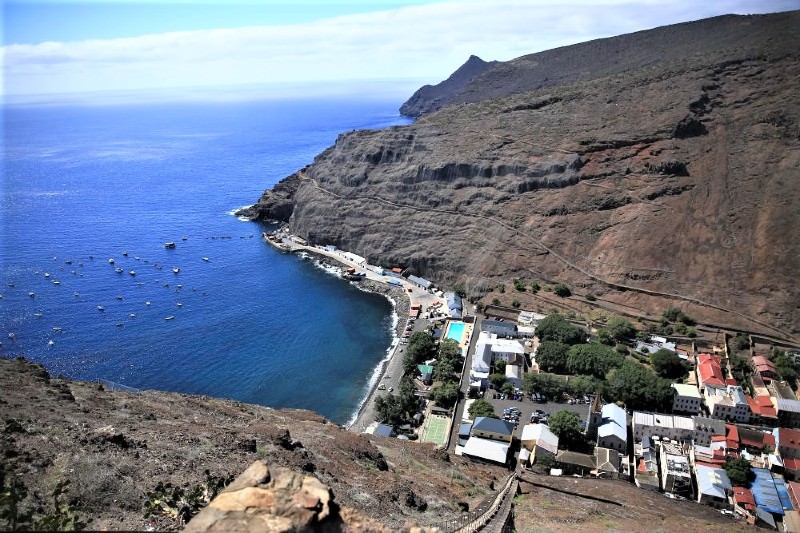
ARTS AND CULTURE
- Catherine Marshall
- 15 May 2020
7 Comments
This time last year I was smuggling contraband into one of the world’s most inaccessible places of exile. I’d stared down nervously as we descended onto the island’s lofty runway — a strip of ribbon ending abruptly high above the sea.
READ MORE 
-
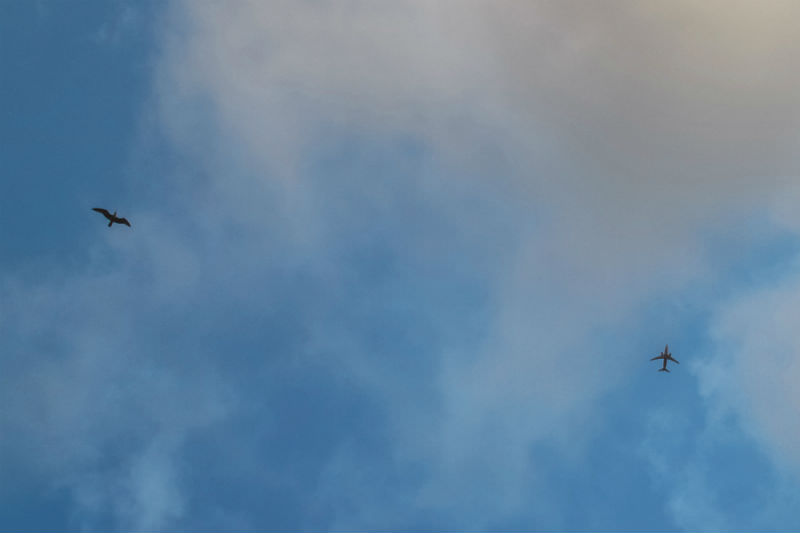
ARTS AND CULTURE
- Catherine Marshall
- 20 April 2020
7 Comments
So rapidly have I adapted to this surreal existence in which we now find ourselves, the sound which was once an inseparable part of my morning routine — jets announcing the dawn as they droned overhead — has now become disturbingly anachronistic.
READ MORE 
-

ARTS AND CULTURE
- Catherine Marshall
- 19 March 2020
4 Comments
Overnight, my workplace has doubled in size. This once quiet space, filled with just the click-clacking of a keyboard and the occasional waft of classical music, now rumbles with the sound of my husband’s voice. He goes from one call to the next, discussing spreadsheets and renewals, holding conference calls and informal chats and performance reviews.
READ MORE 
-
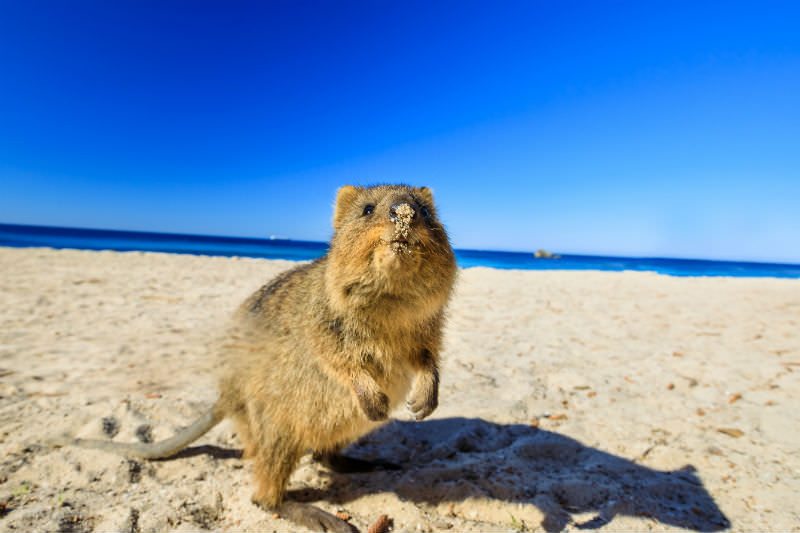
ENVIRONMENT
- Catherine Marshall
- 20 February 2020
3 Comments
This communal outpouring during the bushfires has an opportunity to perpetuate itself indefinitely, even though the embers have been extinguished and those not directly affected by the fires have gotten on with their workaday lives. For even as the fires burned, Tourism Australia was mounting a campaign to encourage Australians to holiday locally instead of taking their patronage abroad, and to persuade international tourists to visit, too.
READ MORE 
-
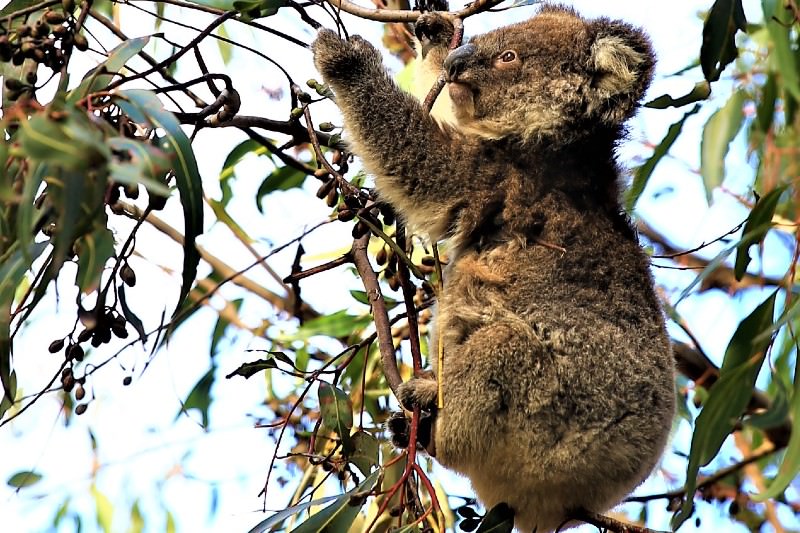
ENVIRONMENT
- Catherine Marshall
- 22 January 2020
3 Comments
Turning off the main road, we burrowed now into a verdant tunnel; at the end of it stood one of Australia's flagship properties, Southern Ocean Lodge. Entering its vaulted, glass encased great room, I turned my head from the rolling waves on one side to the rolling bush on the other. Each was an ocean unto itself.
READ MORE 
-
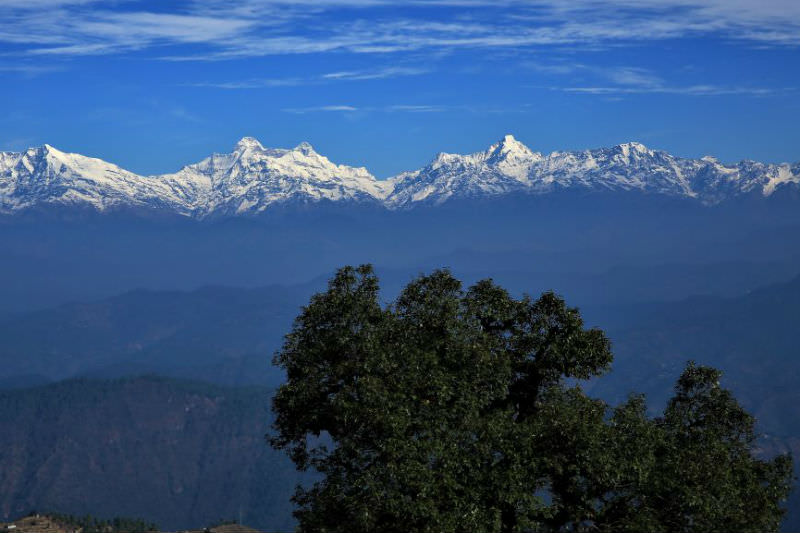
ARTS AND CULTURE
- Catherine Marshall
- 17 December 2019
5 Comments
Stopping along a ridge, we beheld the Garhwal Himalaya range as it came into view: a tumble of mountains crowned on the horizon by an irregular, saw-toothed range ... In that brief moment between sunrise and daylight, when a once-secretive world would be illuminated, our wonder at the world was multiplied many times over.
READ MORE 
-
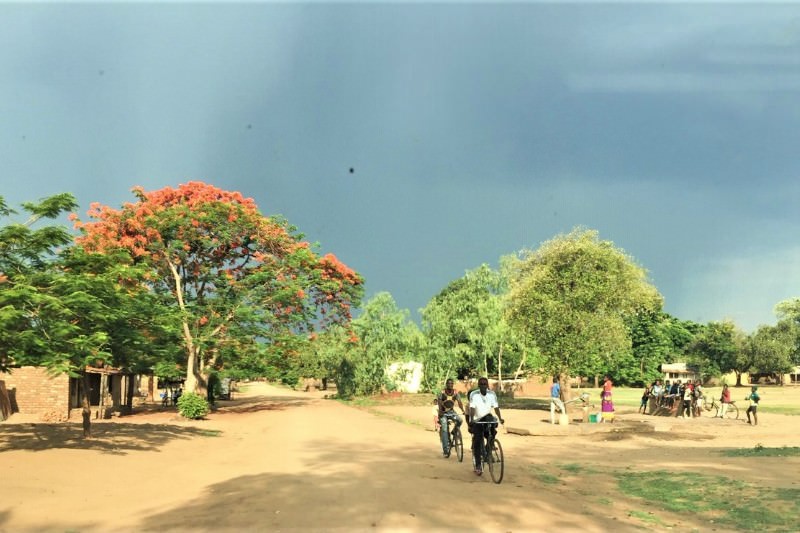
ENVIRONMENT
- Catherine Marshall
- 14 November 2019
10 Comments
As fires obliterated large swathes of Australia, I was largely oblivious to the news — though tenuously connected to events as I travelled through oven-hot, tinder-dry national parks in Southern Africa. It was only when I reached the airport in Johannesburg that the extent of the catastrophe became apparent to me.
READ MORE 
-
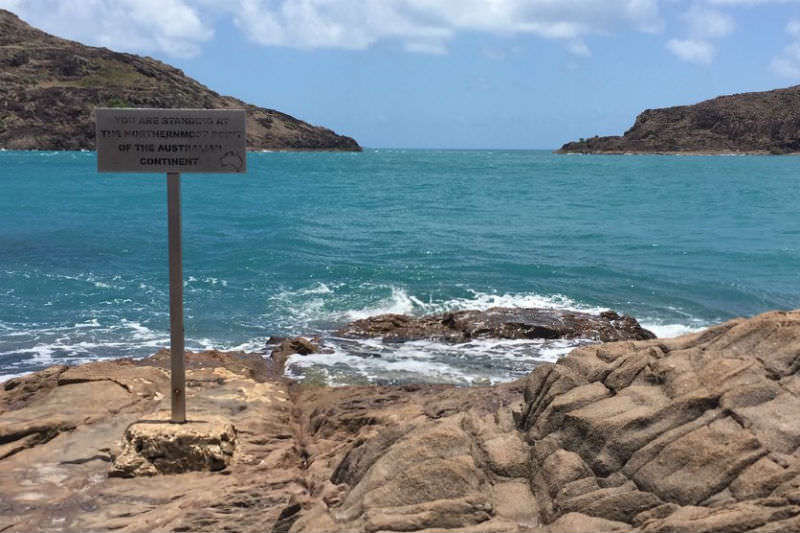
AUSTRALIA
- Catherine Marshall
- 17 October 2019
10 Comments
It's the final outpost, symbolically, demarcating Australia from its closest neighbour, PNG. The islands beyond it are a link to the cultures and geologies that lie to the north, giant stepping stones that guide Australia's Torres Straight Islanders home. For white Australians, they're the barrier marking the country's fiercely-held border.
READ MORE 
-
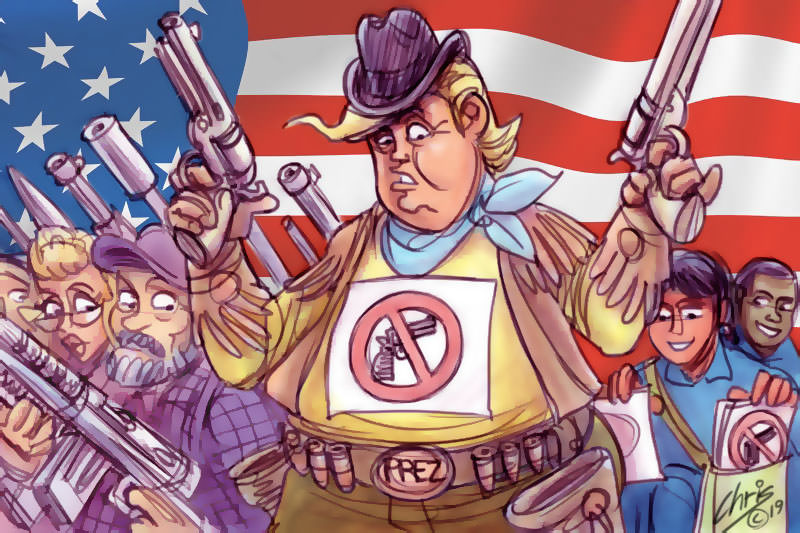
INTERNATIONAL
- Catherine Marshall
- 13 September 2019
3 Comments
The attack, and the travel advisories it prompted, was disquieting: I'd visited El Paso before, had driven from there all along the Mexican border to the remote artists' refuge of Marfa. Now I was about to embark on a journey through New Mexico, and onwards through a different part of Texas. I'd never relied on travel advisories before.
READ MORE 
-
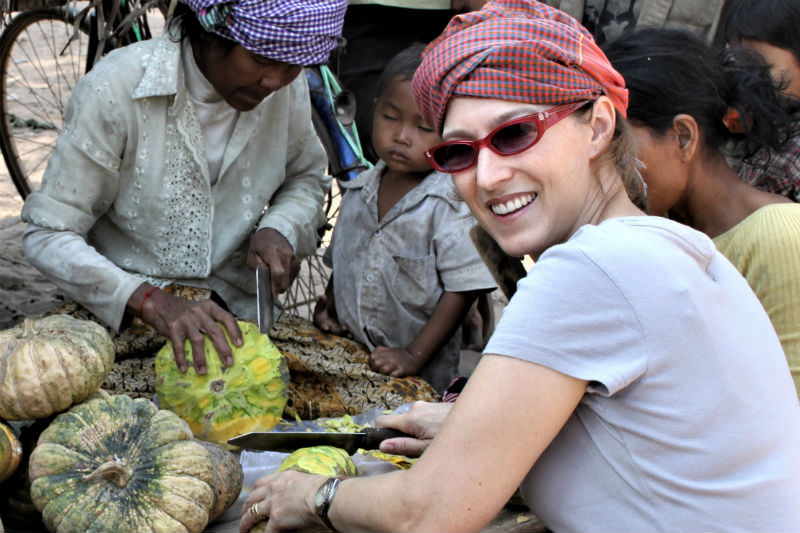
INTERNATIONAL
- Catherine Marshall
- 30 July 2019
1 Comment
Three times in the past three years I have received a spontaneous gift in the form of a scarf. The gifts came from three different people, on three different continents. As it happens, there's a shelf in my bedroom cupboard stacked with neatly folded scarves and wraps in rainbow hues. Every last one of them has a story to tell.
READ MORE 
-
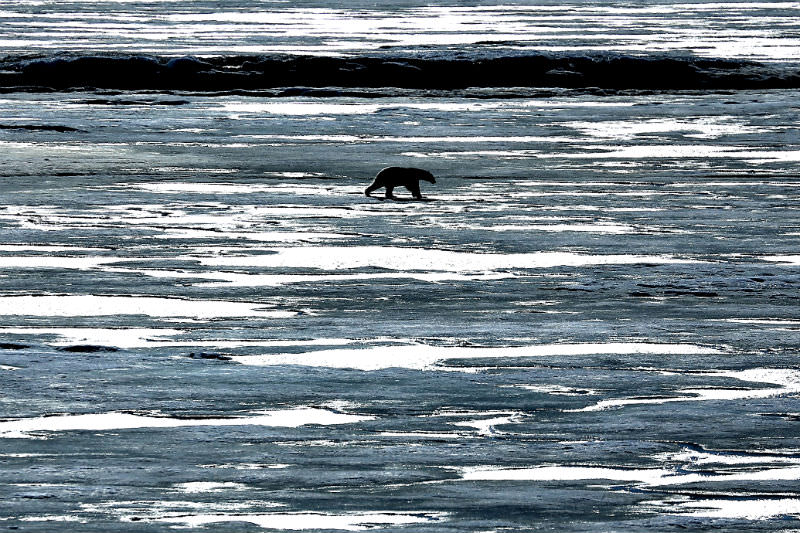
ENVIRONMENT
- Catherine Marshall
- 27 June 2019
4 Comments
This might be the Mediterranean were it not for the snow-lacquered mountains abutting the fjord we're sailing through. But no, it's the Arctic in summer — or, more precisely, the Arctic in the summer of 2019, when the climate emergency is at its zenith and the region is expected to record the lowest sea ice on record.
READ MORE 
-
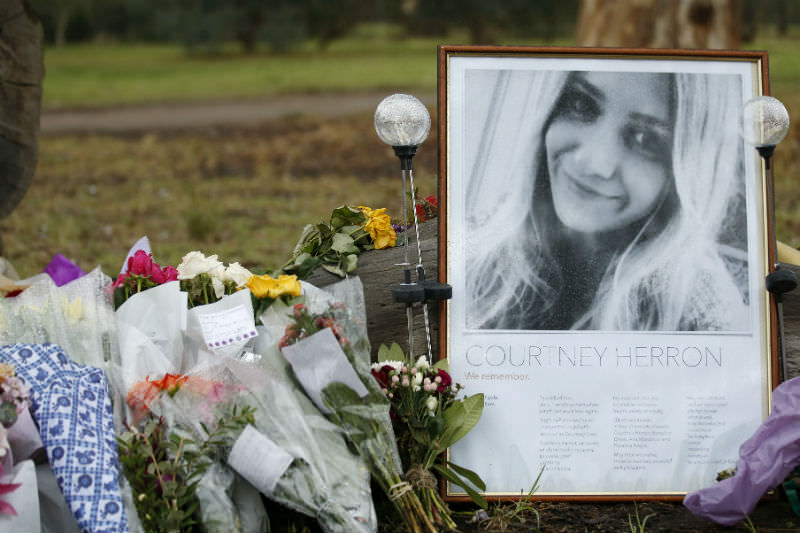
AUSTRALIA
- Catherine Marshall
- 03 June 2019
25 Comments
When Melburnian Courtney Herron was murdered, the topic of male violence started trending. In one of the most incisive comments on what is an all-too-frequent occurrence, Victoria's Police Commissioner Luke Cornelius said it was time for men to start taking responsibility for the violence. Men — not all men, but many — took umbrage.
READ MORE 